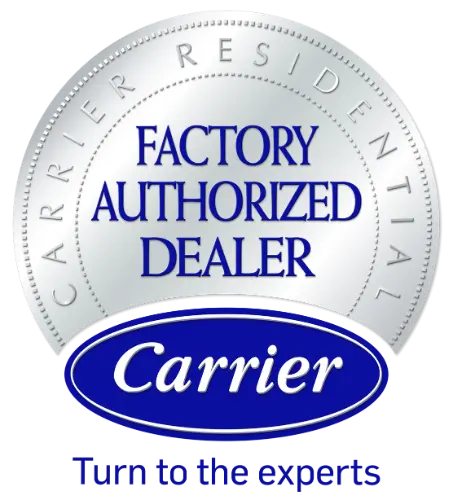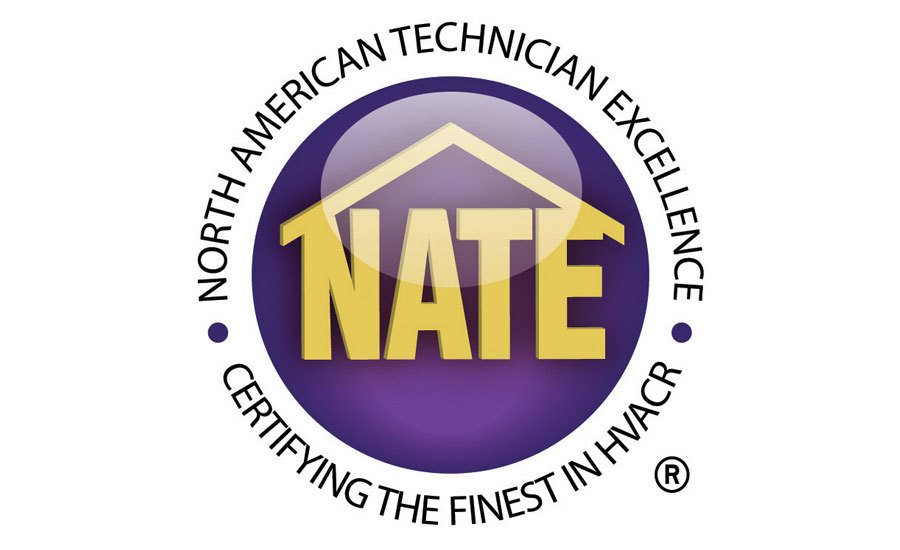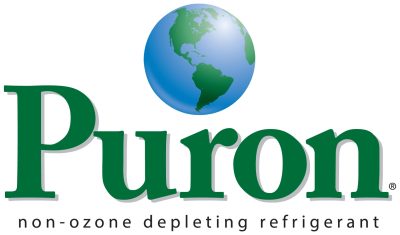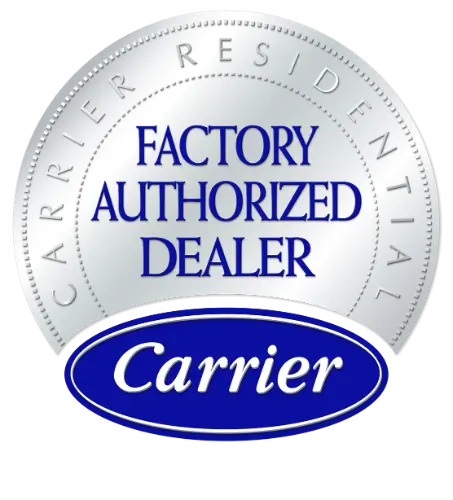Mar
5
2025
Upgrade Your Home Comfort: Why Switching to an Ecobee Smart Thermostat is a Smart Move
In today’s world, technology is making our lives easier, more efficient, and more comfortable. One of the most impactful yet often overlooked upgrades you can make to your home is installing a smart thermostat. Among the top choices on the market, OCC recommends Ecobee Smart Thermostat stands out for its cutting-edge features, energy-saving capabilities, and … ContinuedCooling Heating
Oct
6
2023
The Top Three Reasons Why You Should Have Your Air Ducts Cleaned
The Top Three Reasons Why You Should Have Your Air Ducts Cleaned The HVAC air ducts in your Eatonton, GA home have an expected lifespan of about 10 to 15 years. Throughout this time, you can optimize their performance and protect your indoor air quality (IAQ) by having them professionally cleaned. The following are three … ContinuedUncategorized
Oct
6
2023
Is Summer the Best Time for Cleaning Your Home’s Air Ducts? Duct cleaning is a very important task to have done regularly. Having the ductwork in your home cleaned means that you’ll have fewer odors in your home, a decrease in dust, better system efficiency, and better indoor air quality. Regular duct cleaning will have … Continued
Uncategorized
Oct
6
2023
4 Strategies to Improve Indoor Air Quality This Summer Summertime often brings higher temperatures and more humidity, leading to an increase in indoor air pollution. Indoor air pollution can also be caused by dust, pollen, pet dander, and other allergens. However, there are many strategies you can use to improve indoor air quality this summer. … Continued
Uncategorized
Oct
6
2023
How a Heat Pump Can Keep You Cool in the Summer Many homeowners believe that heat pumps only work in the winter, delivering heat to keep their homes warm. However, heat pumps also offer efficient cooling in the summer as well. To clear up the misconception, here’s an overview of how a heat pump can … Continued
Uncategorized
Oct
6
2023
3 Important Tips for Preparing Your HVAC System for Summer Summer is right around the corner, which means now is the time to start planning to make sure your HVAC system is ready to handle the heat and keep your home cool. If not, you may find that your cooling system won’t turn on or … Continued
Uncategorized
Oct
6
2023
What to Know About Choosing the Right AC Size for Your Home Purchasing a new air conditioner for your Eatonton, GA home might seem as easy as visiting a big box store and taking advantage of the latest deal. After all, simple online charts list the recommended BTUs for air conditioners based solely on the … Continued
Uncategorized
Oct
6
2023
4 Ways Poor Indoor Air Ventilation can Negatively Affect Your Health
4 Ways Poor Indoor Air Ventilation Can Negatively Affect Your Health Indoor air quality plays a key role in creating a healthy environment at your home or business. Unfortunately, poor indoor air ventilation can result in significant negative effects on your health. Understanding how poor indoor air ventilation negatively impacts your well-being is essential to … ContinuedUncategorized
Oct
6
2023
How to Replace the Air Filter in Your Furnace Replacing your furnace filter is one of the most important HVAC maintenance tasks and something you should always do at least once every 4 to 12 weeks. A dirty air filter will restrict how much air can flow into your furnace and lead to it producing … Continued
Uncategorized
Oct
6
2023
Indoor Air Quality and Humidity Levels During the Winter If you suspect that you have humidity levels that are too high or too low in the winter, you will see effects on your indoor air quality. There are many unhealthy effects when the air quality in your home isn’t good, especially in the winter when … Continued
Uncategorized








